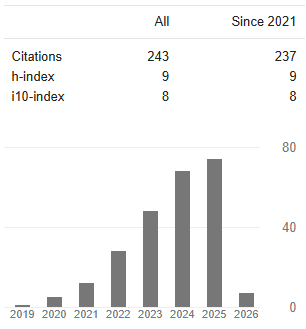Peer Review Policy
At MIJST, we are committed to the highest standards of integrity and academic rigor. To ensure a transparent and unbiased evaluation, we utilize an External Double-Blind Peer Review process, managed through the Open Journal Systems (OJS) workflow.
1 The Double-Blind Mandate
To maintain total objectivity, MIJST ensures that:
- Authors do not know the identity of the reviewers.
- Reviewers do not know the identity of the authors or their institutional affiliations.
- Integrity: This prevents personal or institutional bias, ensuring the manuscript is judged solely on scientific merit.
2 The Editorial Workflow
3. Timeline Commitments
Submission to First Decision
Final Rendering
5 Specialized Editorial Protocols
| Author Category | Handling Protocol |
|---|---|
| Editor-in-Chief | Handled by Executive Editor & anonymous Associate Editor. EiC remains unaware of handling editor's identity. |
| Board Member | Identity of handling editor is hidden from submitting member; only EiC has access. |
| Reviewer | Treated as an external party with total anonymity to avoid bias. |
| Personal Relations | Manuscript is reassigned to an independent editor if familial/personal ties exist. |
6 The Online Review Form
Our Review Form consists of three critical sections for precision:
Editorial Contact
info@mijst.mist.ac.bd
support@mijst.mist.ac.bd
complaint.appeal@mijst.mist.ac.bd













